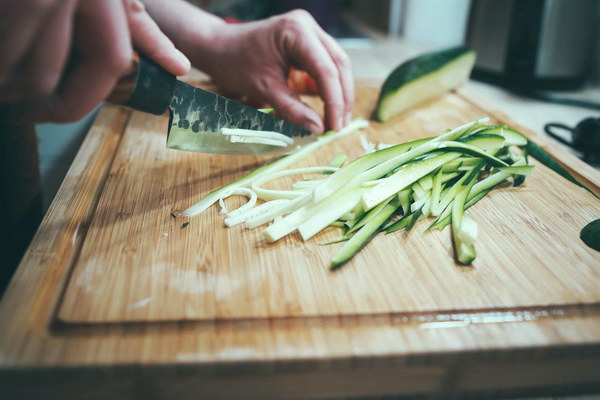The Art of Solo Kidney Care Nurturing Your Wellbeing Through SelfCompassion
Introduction:
In the fast-paced world we live in, taking care of our health has become a challenging endeavor. One crucial aspect that is often overlooked is the importance of kidney health. While there are various methods to maintain kidney health, one unique approach is the concept of solo kidney care. This article delves into the significance of nurturing your kidneys through self-compassion and self-care practices.
1. Understanding Kidney Health:
The kidneys are vital organs responsible for filtering waste products and excess fluids from the blood, maintaining electrolyte balance, and producing hormones. When kidney function is compromised, it can lead to a range of health issues, including chronic kidney disease (CKD). Therefore, it is essential to prioritize kidney health and take proactive steps to maintain its optimal function.
2. The Concept of Solo Kidney Care:
Solo kidney care refers to the practice of self-nurturing and self-care specifically targeted at enhancing kidney health. It involves adopting lifestyle changes, incorporating healthy habits, and prioritizing well-being. This approach empowers individuals to take control of their kidney health without relying solely on external interventions.
3. Importance of Self-Compassion:
Self-compassion plays a crucial role in solo kidney care. It involves treating oneself with kindness, understanding, and empathy. By fostering self-compassion, individuals can develop a positive mindset towards their health, leading to better adherence to kidney care practices. Here's how self-compassion can be beneficial:
a. Reduces Stress: Stress can have a detrimental impact on kidney health. Practicing self-compassion helps in managing stress levels, leading to improved kidney function.
b. Enhances Motivation: Self-compassion boosts motivation to make healthy lifestyle choices, such as maintaining a balanced diet, exercising regularly, and avoiding harmful habits.
c. Promotes Emotional Well-being: Emotional well-being is closely linked to physical health. By practicing self-compassion, individuals can improve their mental health, which, in turn, positively influences kidney function.
4. Solo Kidney Care Practices:
Here are some effective practices to incorporate into your solo kidney care routine:
a. Balanced Diet: Consume a diet rich in fruits, vegetables, whole grains, lean proteins, and healthy fats. Avoid excessive salt, processed foods, and sugary drinks.
b. Regular Exercise: Engage in moderate-intensity aerobic exercises for at least 150 minutes per week. This promotes overall health and improves kidney function.
c. Hydration: Drink plenty of water throughout the day to maintain proper hydration and support kidney function.

d. Avoid Harmful Habits: Quit smoking and limit alcohol consumption to reduce the risk of kidney damage.
e. Regular Check-ups: Schedule regular appointments with a healthcare professional to monitor kidney function and address any concerns.
f. Stress Management: Practice relaxation techniques such as meditation, deep breathing exercises, or yoga to manage stress levels.
g. Sleep Hygiene: Prioritize adequate sleep to support overall health and kidney function.
Conclusion:
Taking care of your kidneys is a lifelong commitment. By embracing the concept of solo kidney care and incorporating self-compassion into your routine, you can nurture your well-being and promote optimal kidney health. Remember, the key is to prioritize self-care, make healthy choices, and stay proactive in maintaining your kidney health.









